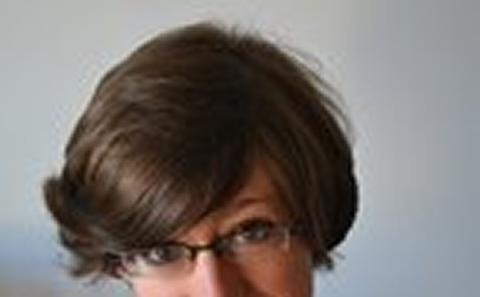'Democrartising Art: Music Education in Postwar Britain' Seminar

- Time:
- 15:15
- Date:
- 25 November 2014
- Venue:
- Building 2, Room 1083 Music University of Southampton Highfield Campus SO17 1BJ
For more information regarding this seminar, please telephone Hettie Malcomson on 023 8059 4400 or email H.Malcomson@soton.ac.uk .
Event details
Part of the Music Research Seminar Series.
In March 1944, the Ministry of Education (MoE) began to plan a series of "experimental Visual Units" for eleven- to fifteen-year-old pupils of the new secondary modern schools. The MoE's focus on subjects that were assumed not to have commercial appeal, combined with a timely desire to democratize high art, led them to produce Britain's first music education film, Instruments of the Orchestra (1946). A score was commissioned from Britten-a piece now better known in its concert version, The Young Person's Guide to the Orchestra. Britten's score has, for obvious reasons, often been counted among his music for young people; but simply adding it to his list of children's works obscures an important distinction: The Young Person's Guide was music to appreciate, not to perform. As such, it sheds light on how mid-century British intellectuals' desire to democratize elite culture remained in tension with an urge to control how high art was consumed.
Kate will begin by situating Instruments of the Orchestra within the context of the contemporary welfare reforms, focusing on the role that reformers hoped secondary moderns might play in enlightening working-class leisure. In particular, she explores how left-leaning intellectuals sought to combat the perceived pacifying affects of mass culture by increasing access to high art. This agenda, however, was not risk-free: aspirations for a participatory culture conflicted with beliefs that the public's preferred forms of participation were of little cultural worth. Drawing on previously undocumented correspondence about the film's production and distribution, the accompanying teachers' notes, and critical reception of the film and its score, she asks: how exactly did the producers of Instruments of the Orchestra imagine that watching a film could foster active cultural engagement? Kate argues that this film offers an insight into intellectual imaginings of a new type of participatory culture, one centered on "intelligent" listening-an idealized mode of active engagement. At the same time, however, it exposes the paradoxes of a value system in which only certain types of participation and certain responses to elite culture were recognized.
Free admission - all welcome.
Speaker information
Kate Guthrie,University of Southampton, British Academy Postdoctoral Fellow.